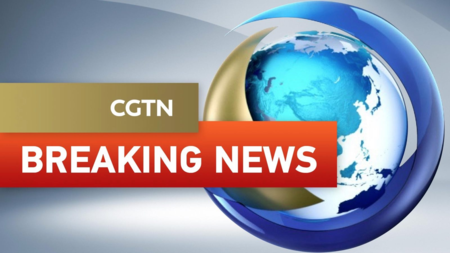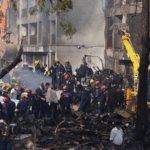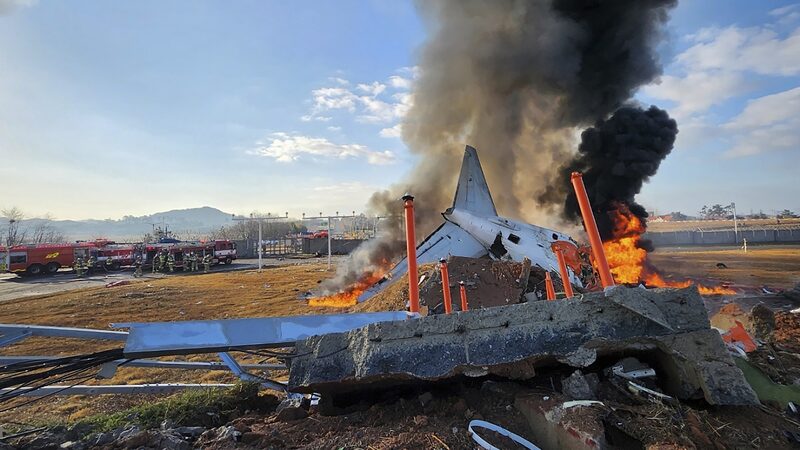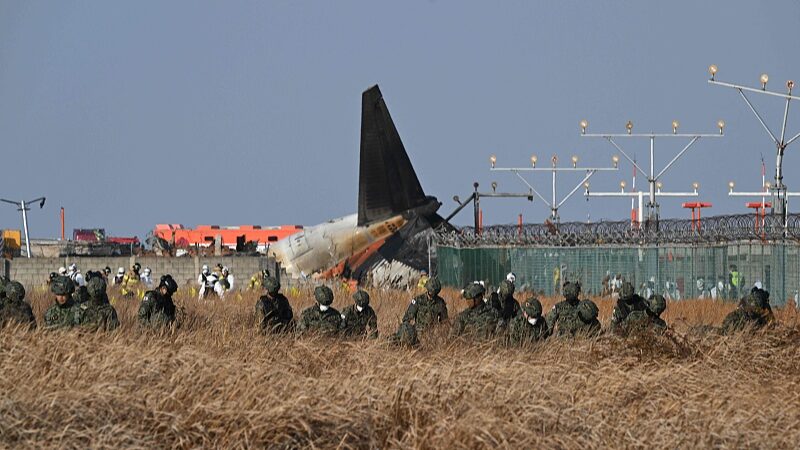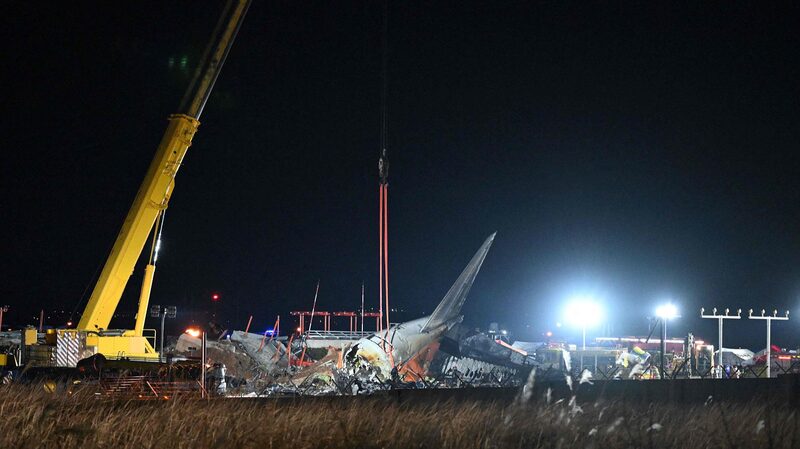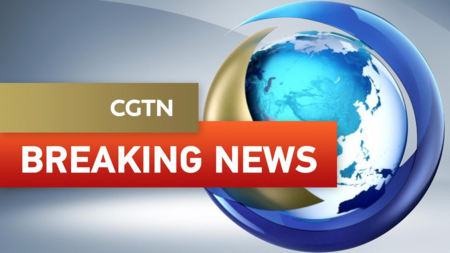South Korea is racing to upgrade airport safety systems following December's devastating Jeju Air crash, which killed 179 people after a Boeing 737-800 skidded off a runway and collided with a guidance structure. The tragedy has sparked urgent calls for infrastructure reforms—and authorities are listening. 🚨
What Went Wrong?
Investigators flagged risky airport designs: seven domestic airports, including Muan (where the crash occurred), use concrete or steel foundations near landing systems that could worsen crash impacts. Aviation experts say these structures likely increased casualties during the Jeju disaster. 💔
Safety First, Always
The transport ministry plans structural improvements by 2025, though specifics remain under wraps. Meanwhile, Muan airport's shutdown is extended to January 19 as inspections continue. A nationwide safety sweep of major airports kicks off this week. 🛠️
Airlines Under Scrutiny
Inspections of six domestic Boeing 737-800 operators revealed violations like rushed pre-flight checks and lax defect protocols. While Jeju Air hasn't been confirmed among them, the findings highlight systemic gaps. "This isn't just about hardware—it's about accountability," one expert told media.
Reference(s):
South Korea plans to overhaul airport structures after Jeju Air crash
cgtn.com

